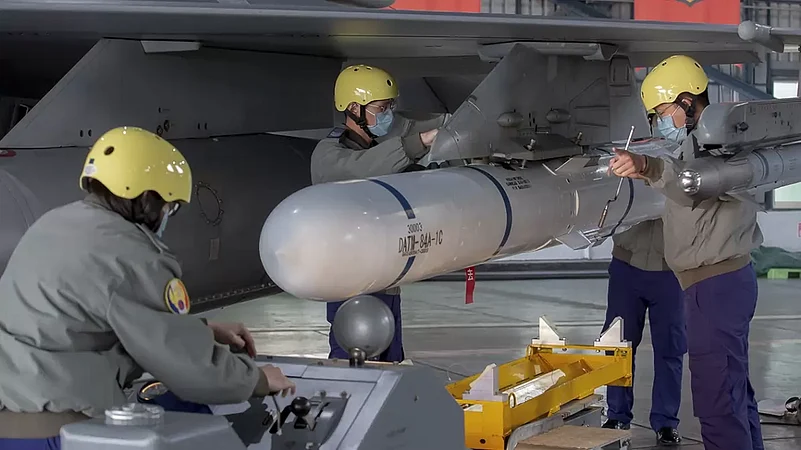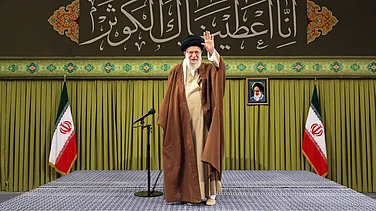
Summary of this article
Taiwan is launching a USD 40 billion supplementary defence budget, aimed at bolstering arms acquisitions and enhancing asymmetric-defence capabilities.
Defence spending for 2026 will be raised to 3.3% of GDP, with a goal of reaching 5% by 2030 — the highest sustained investment in decades.
The package includes funding for advanced air-defence systems, missiles, drones and other security upgrades to deter perceived growing threats from China.
Taiwan has announced a supplementary USD 40 billion defence package to bolster its military capabilities amid escalating pressure from China. The plan intends to strengthen air-defence, procure new weapons, and lift defence spending as a share of GDP.
Taipei — In a major security announcement, Taiwan’s government said it would introduce a special USD 40 billion supplementary defence budget to counter what it described as intensifying threats from China.
The package, unveiled by Lai Ching-te, will fund substantial arms purchases — including air-defence systems, missiles and asymmetric-warfare capabilities — and aims to strengthen the island’s resilience against possible aggression.
Under the plan, Taiwan’s defence spending for 2026 is projected to hit 3.3% of GDP, with a long-term target of reaching 5% by 2030. The extra funds will go toward developing an advanced air-defence network, new missiles, drone and cyber-defence capabilities, and other critical upgrades.
The move signals Taiwan’s resolve to defend its sovereignty and democratic system. Lai emphasized there is “no room for compromise on national security,” framing the package as vital for deterring threats and safeguarding freedom.
Taiwan-China Row
Taiwan Vice-President Hsiao Bi-Khim on July 18 reaffirmed President Lai Ching-te’s offer for dialogue with Beijing, emphasising that Taipei does not seek conflict or confrontation.
"Taiwan does not seek conflict with China and will not provoke confrontation," Hsiao stated during an address to the Taiwan Foreign Correspondents' Club in Taipei. She also criticised Beijing’s growing military pressure, calling it “aggressive” and “counterproductive.”
China views self-governed Taiwan as part of its territory and has labelled President Lai a 'separatist', a claim firmly rejected by Taiwan’s government.
"Chinese pressure on Taiwan has only intensified over recent years", Hsiao noted, while adding, "but the people of Taiwan are peace-loving."
Reiterating Lai’s offer for talks, she continued, "For decades, Taiwan’s people and businesses have contributed to China’s growth and prosperity—achievements made possible only under a peaceful and stable environment."
She warned that China’s continued military intimidation undermines this stability. “Aggressive posturing deprives people on both sides of the Taiwan Strait of opportunities to pursue shared growth and prosperity.”






















